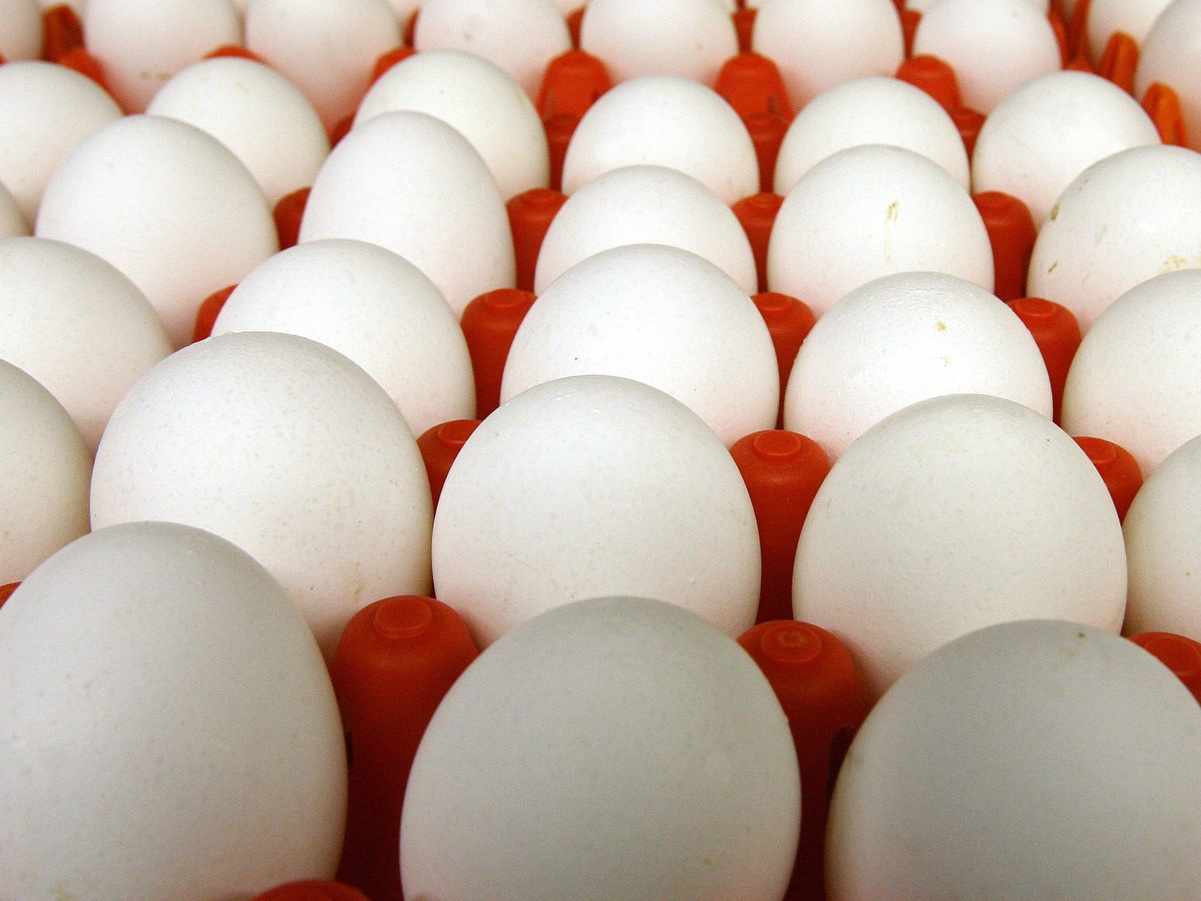The commerce clause of the U.S. Constitution has been the vehicle for expanding the power of the federal government ever since Wickard v. Filburn (1942), much to the delight of big-government liberals. In the Obamacare case of 2012, the Supreme Court actually set limits on the Commerce Clause, but not before the Court’s liberal justices had revealed they believed the Commerce Clause power to be essentially unlimited.
Now, a case involving the Commerce Clause may hurt the left. It involves a 2008 referendum to require that California egg producers use larger cages for their chickens or go entirely cage-free. As Will Coggin of the Center for Consumer Freedom notes in an op-ed in Wednesday’s Wall Street Journal, The referendum was backed by animal rights groups, by the wife of Google founder Sergey Brin, and billionaire Democrat donor Tom Steyer.
There are three problems with the new California requirements, which take effect in 2015. One is that there is no scientific basis for proponents’ claim that larger cages are safer. A second is that the cost of compliance is staggering for California farmers. And a third–the constitutional problem–is that a 2010 law passed by the state legislature extends the cage regulations to all eggs sold in California, not just eggs produced in the state.
That is a protectionist measure aimed at keeping cheaper eggs, produced under friendlier regulatory conditions, out of the state. And it is exactly that kind of trade barrier between the states that the Commerce Clause was created to control. Six states have sued California in federal court–and, says Coggin, they are likely to prevail. Even in California, there are limits to left-wing utopianism–as long as the U.S. Constitution remains intact.

COMMENTS
Please let us know if you're having issues with commenting.